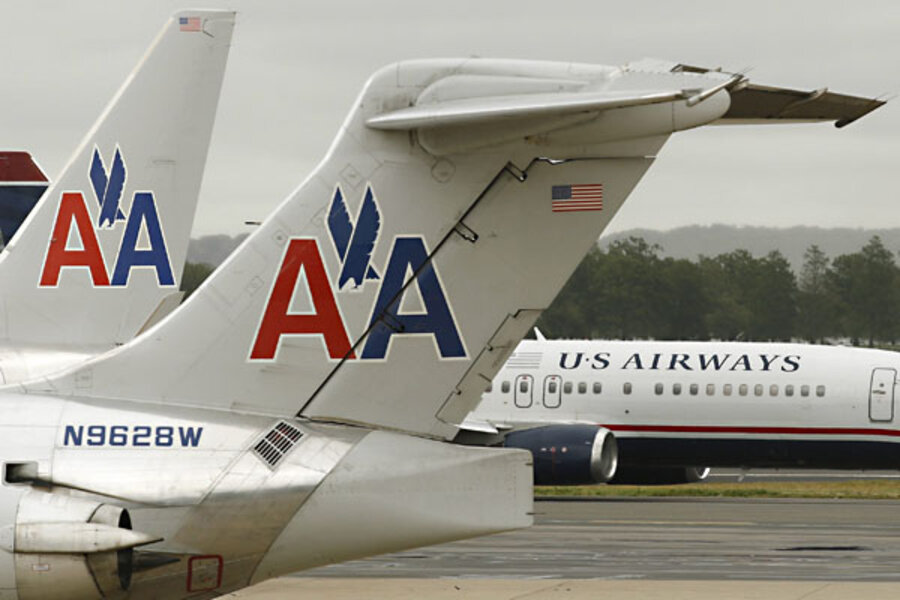The frequent flyer deal that was American Airlines' worst nightmare
Loading...
Companies often run into trouble when they offer a service at a zero price.
Not always, of course. Many all-you-can-eat buffets continue to thrive even though the marginal cost of the next chicken nugget is zero. And many content providers manage to stay in business by selling radio, TV, or display ads against the free content users enjoy.
But all too often, a zero price attracts bad customers and encourages excessive consumption. Marco Arment of Instapaper, for example, discovered that a zero price attracted “undesirable customers” for his app. And AT&T famously discovered that offering unlimited iPhone data could overwhelm its capacity.
Thanks to Ken Besinger of the Los Angeles Times, we now have another juicy example: the lifetime passes that American Airlines sold to a small group of customers:
There are frequent fliers, and then there are people like Steven Rothstein and Jacques Vroom.
Both men bought tickets that gave them unlimited first-class travel for life on American Airlines. It was almost like owning a fleet of private jets.
Passes in hand, Rothstein and Vroom flew for business. They flew for pleasure. They flew just because they liked being on planes. They bypassed long lines, booked backup itineraries in case the weather turned, and never worried about cancellation fees. Flight crews memorized their names and favorite meals.
Each had paid American more than $350,000 for an unlimited AAirpass and a companion ticket that allowed them to take someone along on their adventures. Both agree it was the best purchase they ever made, one that completely redefined their lives. …
But all the miles they and 64 other unlimited AAirpass holders racked up went far beyond what American had expected. As its finances began deteriorating a few years ago, the carrier took a hard look at the AAirpass program.
Heavy users, including Vroom and Rothstein, were costing it millions of dollars in revenue, the airline concluded.
How did things go wrong? American Airlines miscalculated how pass holders would behave:
“We thought originally it would be something that firms would buy for top employees,” said Bob Crandall, American’s chairman and chief executive from 1985 to 1998. “It soon became apparent that the public was smarter than we were.”
In economic jargon, American fell victim to both adverse selection and moral hazard. What customer wants to buy an unlimited, lifetime pass? One who’s happy to spend a great deal of time flying about in first class with friends, family members, or a random person they just met at the gate. And how will they behave? As though first class seats are costless, easy to book, free to cancel, a great gift for friends and strangers, and even, in some cases, as a revenue source.
What happened next shouldn’t be surprising. First, the passes went through a death spiral with American raising the price in a vain effort to make them profitable. When last offered, a single pass cost $3 million and was purchased by a grand total of nobody. Second, American sicced its “revenue management executives” on the most flagrant of the frequent flyers. As a result, several had their passes revoked for misuse. And American faces some lawsuits that make one wonder whether it crossed the line in trying to rid itself of these outrageously expensive customers.








